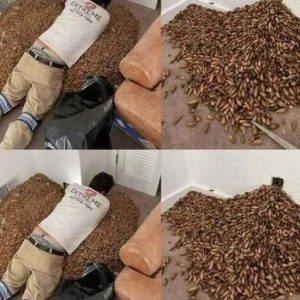Why You Might Be Drooling in Your Sleep
Drooling during sleep is common and usually harmless, though it can be embarrassing in certain situations. Often, it’s linked to your sleeping position—lying on your side or stomach can cause saliva to pool and escape the mouth, especially if nasal congestion forces you to breathe through your mouth.
However, excessive or sudden drooling may point to underlying issues. Medications like sedatives, NSAIDs, or antipsychotics can increase saliva production. Nasal problems, such as a deviated septum or allergies, also contribute by blocking airflow and encouraging mouth breathing.
Sleep apnea is a frequent culprit, disrupting breathing and leading to excess saliva. Dental issues like infections or cavities can cause painful swallowing, increasing drooling. GERD (acid reflux) may also trigger more nighttime saliva. Neurological disorders—such as Parkinson’s disease, ALS, or stroke—can impair muscle control, making it harder to manage saliva. Bruxism (teeth grinding), particularly with a mouthguard, may affect jaw position and promote drooling.
To reduce drooling, try sleeping on your back and staying well-hydrated. Some find relief using home remedies like lemon wedges to stimulate swallowing. Mandibular devices or mouthguards can help keep the mouth closed. For those with sleep apnea, a CPAP machine can improve airflow and reduce saliva buildup.
If drooling is severe, sudden, or accompanied by jaw pain, facial weakness, or trouble swallowing, seek medical advice. Treatments may include Botox to reduce saliva or, in extreme neurological cases, surgery. Identifying the cause is key to finding the right solution.





